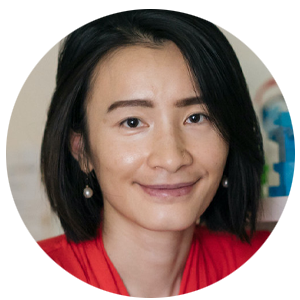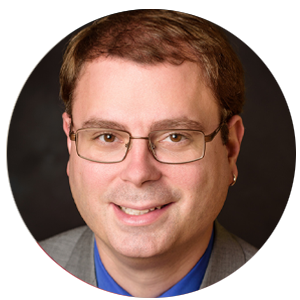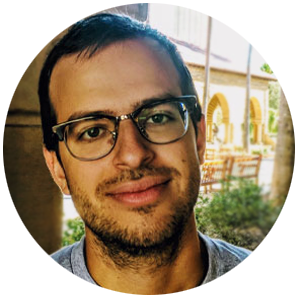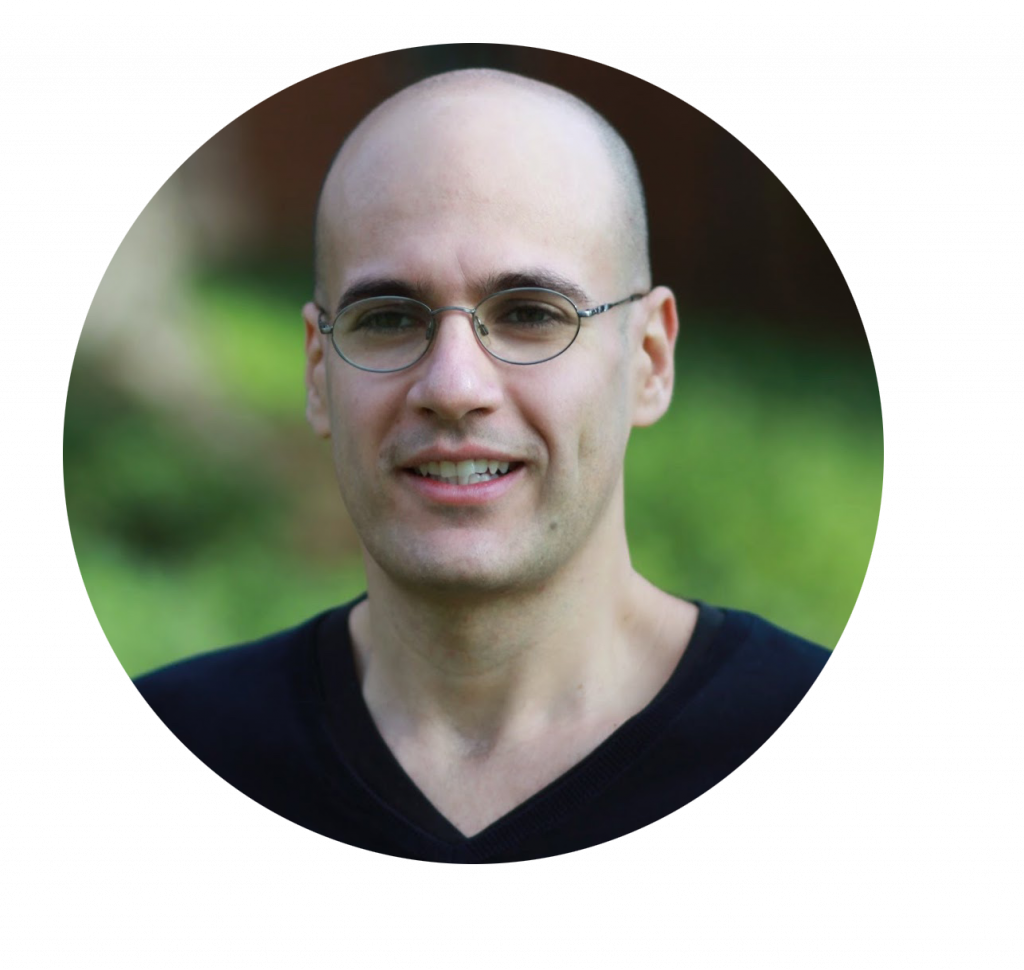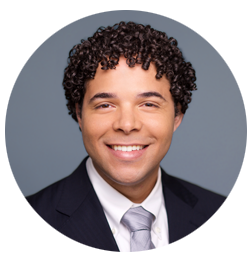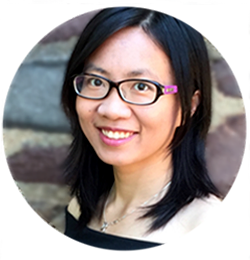CS Welcomes Six New Faculty
The department is thrilled to introduce a cadre of new researchers poised to join the charge in artificial intelligence (AI) and quantum computing.
“This is an incredible year for hiring, and we are fortunate that so many of our young colleagues have chosen to come to Columbia,” said Vishal Misra, professor and faculty recruiting chair. “They saw our vision and the dynamic and vibrant atmosphere in the department. They are investing their future in us, and we couldn’t be happier. Onwards and upwards!”
The new faculty members bring a wealth of experience and expertise, with research interests spanning a broad spectrum of AI and quantum computing applications. Their arrival marks a pivotal moment in the university’s trajectory, signaling a renewed focus on tackling some of humanity’s most pressing challenges.
“We are thrilled to welcome this new group of outstanding talents joining the Department of Computer Science and Columbia Engineering. They will add to our tremendous momentum in furthering our academic excellence and fulfilling our Engineering for Humanity vision,” added Shih-Fu Chang, Dean of the School of Engineering and Applied Science of Columbia University.
The addition of these exceptional scholars also underscores Columbia’s commitment to fostering an environment of academic excellence and innovation. Through collaboration, curiosity, and a relentless pursuit of knowledge, the computer science department is poised to chart new frontiers in AI and quantum computing, paving the way for a future defined by possibility and progress.
“Recruiting these six young talents underscores our dedication to remaining at the forefront of all areas of computer science,” remarked Luca Carloni, professor and chair of the department. “The addition of their expertise aligns with our strategic vision. It also reflects our commitment to sustaining the demand for innovative courses and interdisciplinary research collaborations from students and researchers across the entire university.”
About the new faculty:
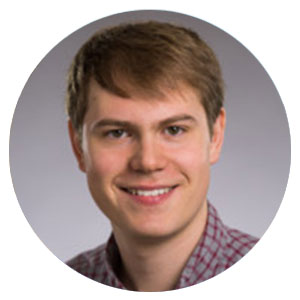 James Bartusek
James Bartusek
PhD Computer Science, University of California, Berkeley
Research Area: Quantum/Cryptography
Bartusek was a member of the theory group at UC Berkeley, where he was advised by Sanjam Garg. His research interests are in cryptography and quantum information.
He completed a BSE in computer science in 2016 and an MSE in computer science in 2019 at Princeton University.
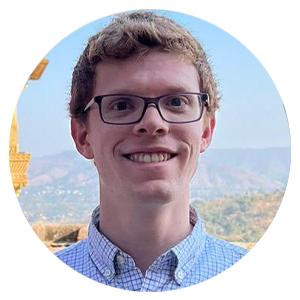 Adam Block
Adam Block
PhD Mathematics and Statistics, Massachusetts Institute of Technology
Research Area: Theory/Machine Learning
Block was part of the math department at MIT, where he was advised by Alexander (Sasha) Rakhlin. He was affiliated with the Laboratory for Information & Decisions Systems and the Statistics and Data Science Center. His research interest lies in machine learning, to bridge theory and practice by designing algorithms with provable guarantees.
An NSF Graduate Research Fellowship supported his graduate studies. Block graduated from Columbia University with a BA in Mathematics (summa cum laude) in 2019.
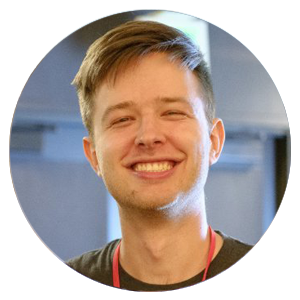 John Hewitt
John Hewitt
PhD Computer Science, Stanford University
Research Area: Natural Language Processing
Hewitt worked with Chris Manning and Percy Liang in the Stanford Natural Language Processing Group. His interests are in neural representations of language, language models, and interpretability. His long-term goals are to design systems that learn many of the world’s languages and provide interfaces for controlling and understanding their behavior.
He was an NSF Graduate Fellow and received an Outstanding Paper Award at ACL 2023, a Best Paper Runner-Up at EMNLP 2019, an Honorable Mention for Best Paper at the Robustness of Few-Shot Learning in Foundation Models Workshop (R0-FoMo) at NeurIPS 2023, and an Outstanding Paper Award at the Workshop on Analyzing and Interpreting Neural Networks for NLP (BlackBoxNLP) at EMNLP 2020.
Hewitt completed a BSE in Computer and Information Science from the University of Pennsylvania in 2018.
 Aleksander Hołyński
Aleksander Hołyński
Berkeley/DeepMind/U Washington
PhD Computer Science and Engineering, University of Washington
Research Area: Vision/Generative AI
Hołyński is a research scientist at Google DeepMind and a postdoctoral scholar at Berkeley AI Research, working with Alyosha Efros and Angjoo Kanazawa.
He completed his PhD studies at the University of Washington, where he was advised by Steve Seitz, Brian Curless, and Rick Szeliski. He received a BS in Computer Science with High Honors from the University of Illinois at Urbana-Champaign in 2014. His co-authored work has received a best student paper award at ICCV 2023.
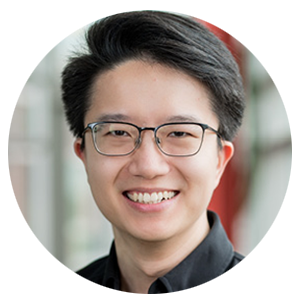 Yunzhu Li
Yunzhu Li
Assistant Professor, University of Illinois at Urbana-Champaign
PhD Computer Science, Massachusetts Institute of Technology
Research Area: Robotics
Li’s work stands at the intersection of robotics, computer vision, and machine learning, with the goal of helping robots perceive and interact with the physical world as dexterously and effectively as humans do. He received the Adobe Research Fellowship and was selected as the First Place Recipient of the Ernst A. Guillemin Master’s Thesis Award in Artificial Intelligence and Decision-Making at MIT. His research has been published in top journals and conferences, including Nature, NeurIPS, CVPR, and RSS, and featured by major media outlets, including CNN, BBC, The Wall Street Journal, Forbes, The Economist, and MIT Technology Review.
Li received an MS in Electrical Engineering and Computer Science from MIT in 2020 and a BS in Computer Science from Peking University in 2017.
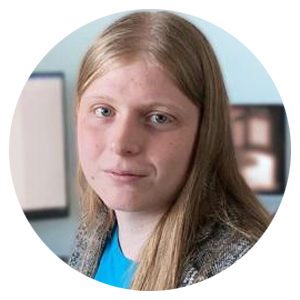 Silvia Sellán
Silvia Sellán
PhD Computer Science, University of Toronto
Research Area: Graphics
Sellán is a postdoctoral associate working with Justin Solomon at MIT EECS.
Sellán completed a PhD in computer science at the University of Toronto, working in computer graphics and geometry processing. She was a Vanier Doctoral Scholar, an Adobe Research Fellow, and the 2021 University of Toronto Arts & Science Dean’s Doctoral Excellence Scholarship winner. She has interned twice at Adobe Research and the Fields Institute of Mathematics. She is also a founder and organizer of the Toronto Geometry Colloquium and a member of WiGRAPH.
Sellán graduated from the University of Oviedo with a BSc in Mathematics and a BSc in Physics in 2019.


